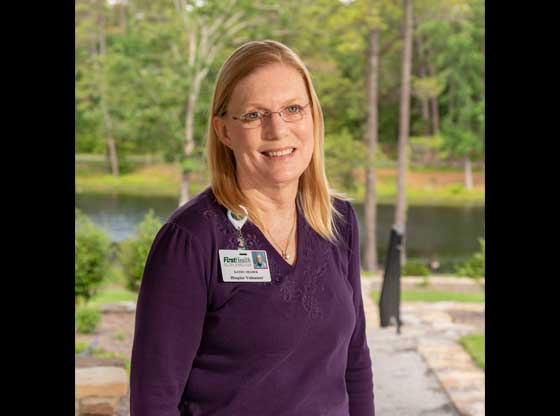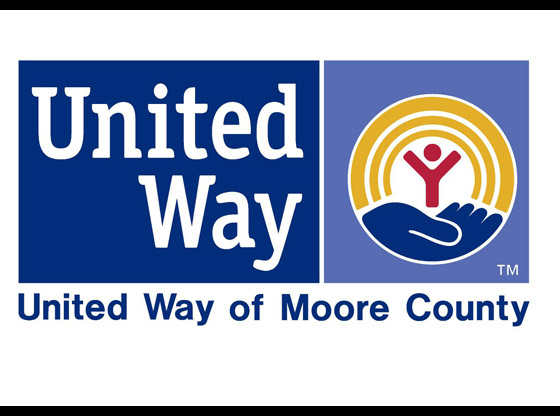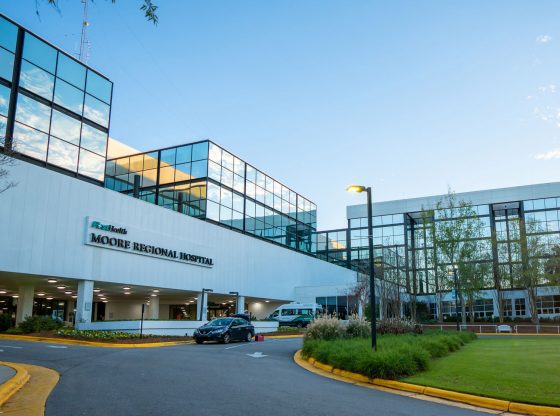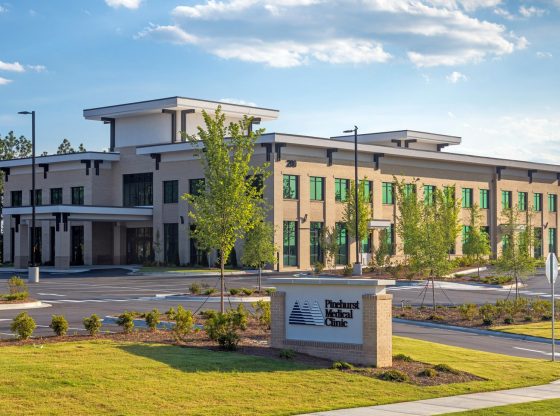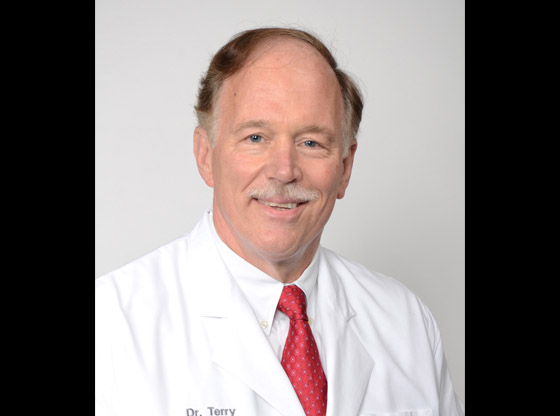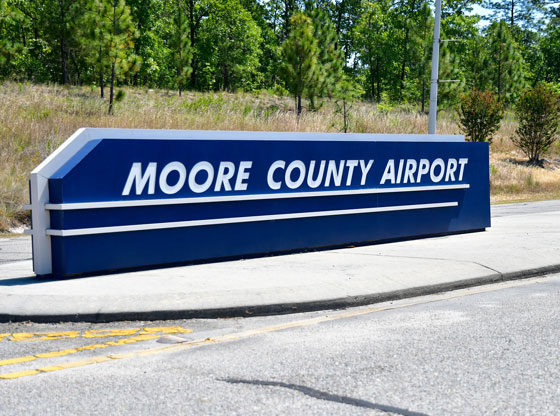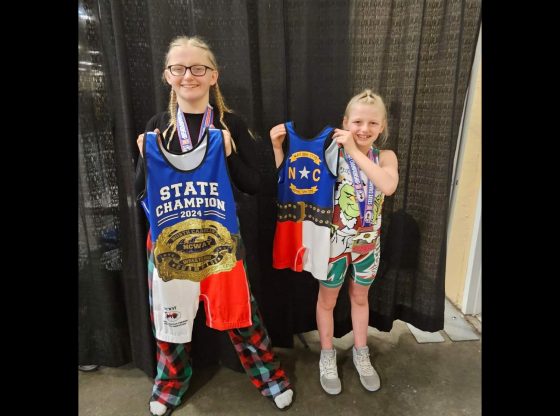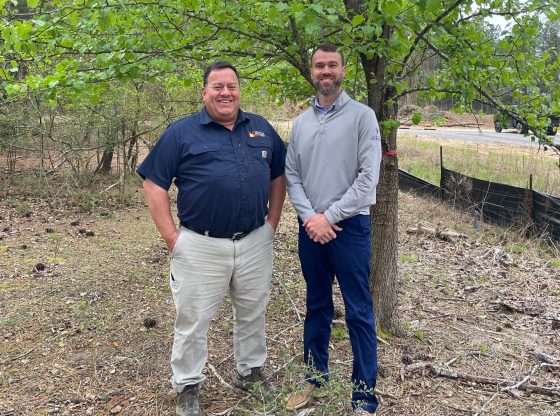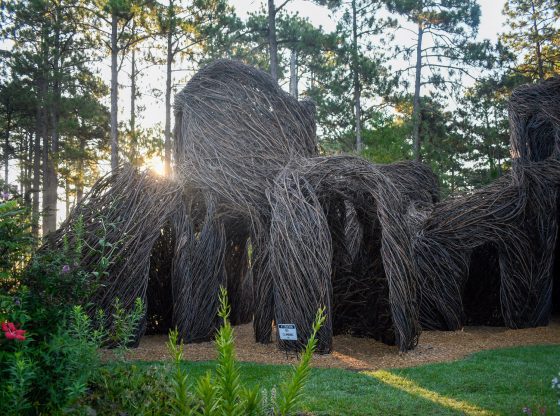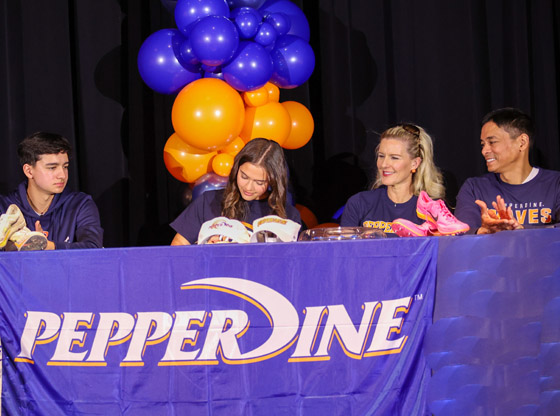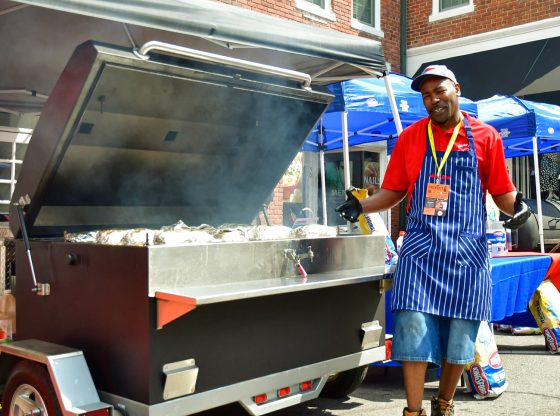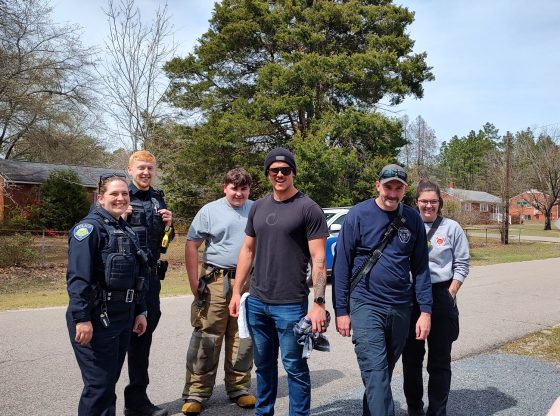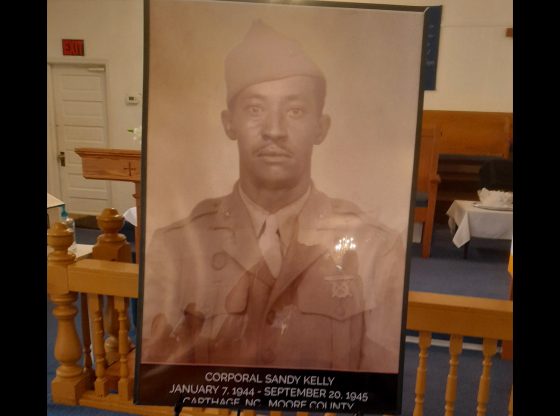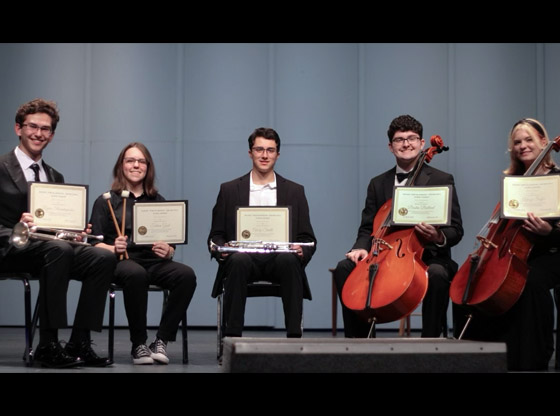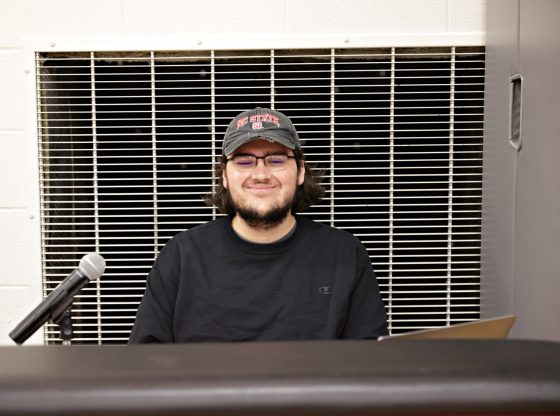Driving 5,800 miles will transport you from Pinehurst to Seattle and back. It will also account for the number of miles Kathy Shader has traveled in her five years as a FirstHealth Hospice & Palliative Care volunteer.
“HA!” bellowed Shader, who also teaches laughter classes. “I didn’t know it was that much. That’s a lot!”
Since she started volunteering in 2014, Shader has served 26 patients and families and recorded more than 350 hours of support while providing more than 430 patient and family contacts. Each brings her joy and meaning, she says.
“When you teach, you’re always giving and it’s difficult to stop,” said the retired preschool teacher and Moore County Schools tutor. “My mother was a caregiver when my stepfather was ill, and their local hospice was a wonderful help. The volunteers and staff made a huge impact on my family and even went to his funeral. When my husband and I moved to the Sandhills, FirstHealth Hospice & Palliative Care was a natural fit for me to give back.”
The philosophy of hospice and its concept of care to patients with a life-limiting illness strives to be optimistic, but realistic with the primary goal of relieving physical and emotional suffering.
Shader works as a patient family volunteer who provides support for patients where they live, whether that’s a private residence, skilled nursing facility or assisted living facility.
“My job is to be a presence for the patients, providing support in the way that works for them,” she said. “Some days that means sitting with a patient and placing a hand on the shoulder. Some patients want to read from the Bible, so we do that. With others, we look through magazines, photo albums or watch TV. Sometimes I put laundry away, make lunch or run errands for the families.” Support needs vary from family to family.
She does use her laughter training with a goal of getting patients to laugh, if they have the desire to do so.
“My current patient and I just hoot and holler,” Shader said, who taught enrichment classes in laughter at Sandhills Community College and in South Carolina. “When you are laughing, your mind clears and you don’t think of anything else. A wholehearted belly laugh is good for the mind and body. It’s so cleansing.”
Shader’s presence can also provide a respite for caregivers, allowing them a few hours to take a break or run errands.
“I make it a point for families and caregivers to know they don’t have to entertain me during my visits. My job is to just be present, supporting them and the patient as they need.”
Shader said that volunteering with hospice has opened her eyes to that type of care.
“To people on the outside, hospice can mean ‘death,’ but there’s so much more to hospice and palliative care than ‘the end.’ We offer lots of support services, but some people aren’t ready to accept them. They think that ‘calling in hospice’ means they have given up, and that’s just not true at all.”
FirstHealth Hospice & Palliative Care Volunteer Services Manager Susanne Martínez is grateful for all volunteers, including Shader, and the diversity each represents.
“Kathy’s spirit is such a positive presence and she has a great outlook. The light you see in her is what she wants to bring to others. It helps that she’s such a believer in laughter.”
“Each volunteer brings a unique and valued set of skills and life experiences, and we put those to use,” said Martínez. Likewise, each patient has unique needs, interests and backgrounds, and these are considered when matching patients and volunteers.
Martínez is careful to explain that hospice volunteers don’t have superhuman powers or angel wings emerging from their backs.
“We just need volunteers who can visit with patients and share in their journeys, not try to influence or change the journeys in any particular way,” she said. “Terminal patients often become identified by disease and the disease process. The volunteers can give patients the opportunity to just be them. With the volunteers, patients can be the person, not the patient.”
The United States hospice movement began in the mid-1970s by volunteers, and volunteers continue to play a critical role in care today – so much so that Medicare, which funds the majority of hospice care for patients, mandates that volunteer hours must equal 5% of total patient care hours provided by paid staff. Medicare also mandates that volunteers be treated like paid staff members with extensive training and a defined scope of service.
“Even though we don’t get a dime, we are considered FirstHealth employees,” said Shader. “We have to look professional, always wear our badge and conform to very high standards.” She added with a hearty laugh that they are entitled to perks, like occasional lunches.
“I love being part of the FirstHealth hospice team,” said Shader. “I feel like it’s part of my family. Not only does the team care deeply about our patients, but they also care about me. Volunteers are very much a part of the team, not under it.”
While the majority of hospice volunteers work in the field like Shader, others work in the FirstHealth Hospice House supporting patients and their families, as a receptionist or in the kitchen. Office volunteers work in the gift shop or administrative offices. Flexible schedules are available and no prior hospice experience is required.
With the high retiree population in Moore County, particularly of veterans, Shader reported a need for volunteers who served in the military.
“Our veterans need someone to talk about old times with — fellow vets who understand.” FirstHealth Hospice volunteer veterans can serve in this role as part of the national We Honor Veterans initiative through visits and meaningful certificate/flag pin presentations.
While volunteers typically serve between two and four hours each week, the joy they report receiving lasts much longer.
“We have such a fellowship at FirstHealth,” said Shader. “I feel blessed that I got involved with this. It has made my life better.”
FirstHealth Hospice and Palliative Care is not-for-profit and is the only hospice associated with FirstHealth of the Carolinas. For more information about volunteering, call (910) 715-6000 or (866) 861-7485 toll-free.
Contributed


